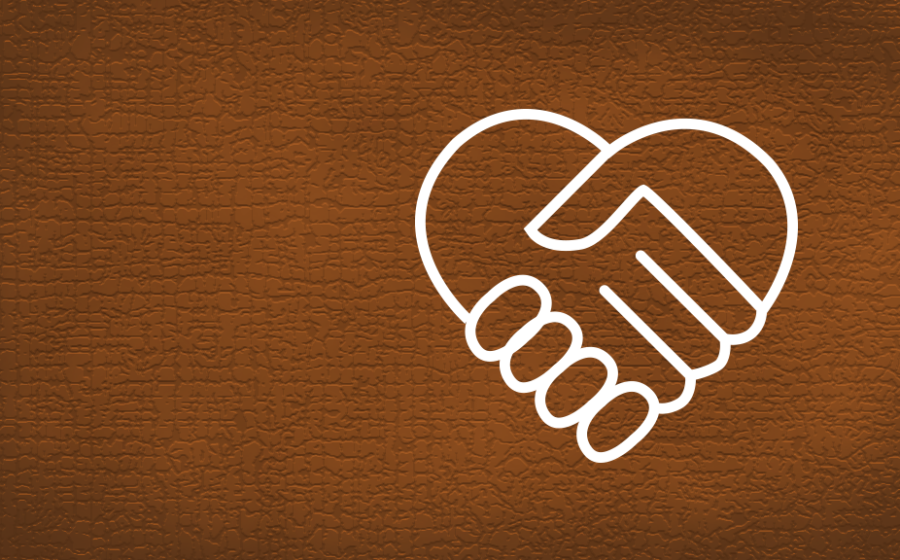[F]air trade helps farmers and workers in developing and least-developed countries access better trading terms for sustainably produced products. While there are a variety of approaches to fair trade, most share common principles, including:
- Market access for marginalized producers
- Sustainable and equitable trading relationships
- Advocacy and consumer awareness
Certification of products covers the supply chain from farmers’ and workers’ organizations to importers and brands. The first certified products landed on store shelves in 1988 when coffee farmers in Mexico banded together and partnered with buyers in the Netherlands to launch the Max Havelaar label. This spurred the launch of a number of fair trade labelling groups that united to establish Fairtrade International in 1997 to harmonize standards and certification worldwide.
In the US, there are three major certifiers of fair trade products:
Fairtrade America (FLO) is the US member of Fairtrade International. Products carrying the Fairtrade label meet internationally agreed upon Fairtrade standards from the producer level to the final product.
Fair Trade USA (FTUSA) licenses the most recognized fair trade label in the United States and primarily focuses on product and trader certification.
IMO Fair for Life is owned by ECOCERT, an organic certifier, and offers a fair trade product certification and a social responsibility certification.
For more information on the different approaches to fair trade certification, visit fairworldproject.org.
—Kyle Freund is the digital content manager at Fairtrade America.
















